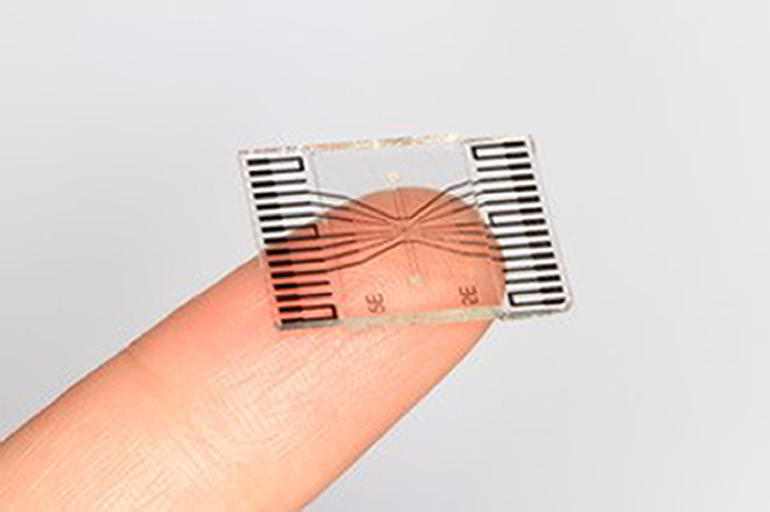The prototype can detect eye infections in minutes which is significantly faster than current methods. It is going to be trialled on patients at the Christian Medical College in Vellore (pictured below), Tamil Nadu state.
The microchip has been created with the help of ophthalmologists at the University Hospital Southampton NHS Foundation Trust and engineers.
Professor Myron Christodoulides, professor of bacteriology at the University of Southampton, said: "Outside of the UK, rapid detection and targeted antibiotic treatments for eye infections are very urgent needs for many people living in some of the poorest countries in the world."
Previous testing for corneal infections - caused by strains of bacteria such as E.coli - has involved procedures which can range in time from 48 hours and a fortnight.
Thirty patients are going to be selected for a trial of the new microchip, described by Professor Christodoulides as an "exciting project". Some participants will be selected at the Lighthouse Eye Hospital in Mombassa, Kenya.
Parwez Hossain, a consultant ophthalmologist, said: "The cornea is only half a millimetre thick and infections can spread rapidly and destroy this structure, so timely treatment is extremely important, but we also have the added complication that treatment can be very different for each type of bacteria present.
"These findings, although currently laboratory-based, could have deep implications for the detection and treatment of corneal infections as it has the potential to reduce diagnosis time from up to two weeks to only a few minutes - and the ability to deliver the correct antibiotics immediately."
In the UK, there are approximately 6,000 cases of corneal infections diagnosed each year. Around a third are related to contact lens wear.





